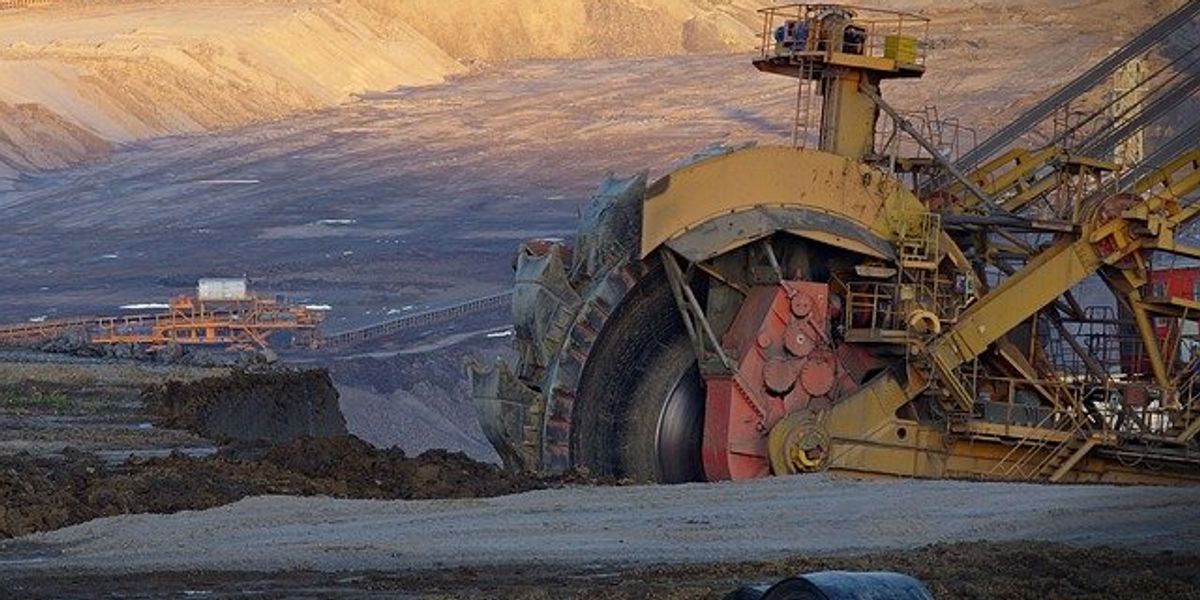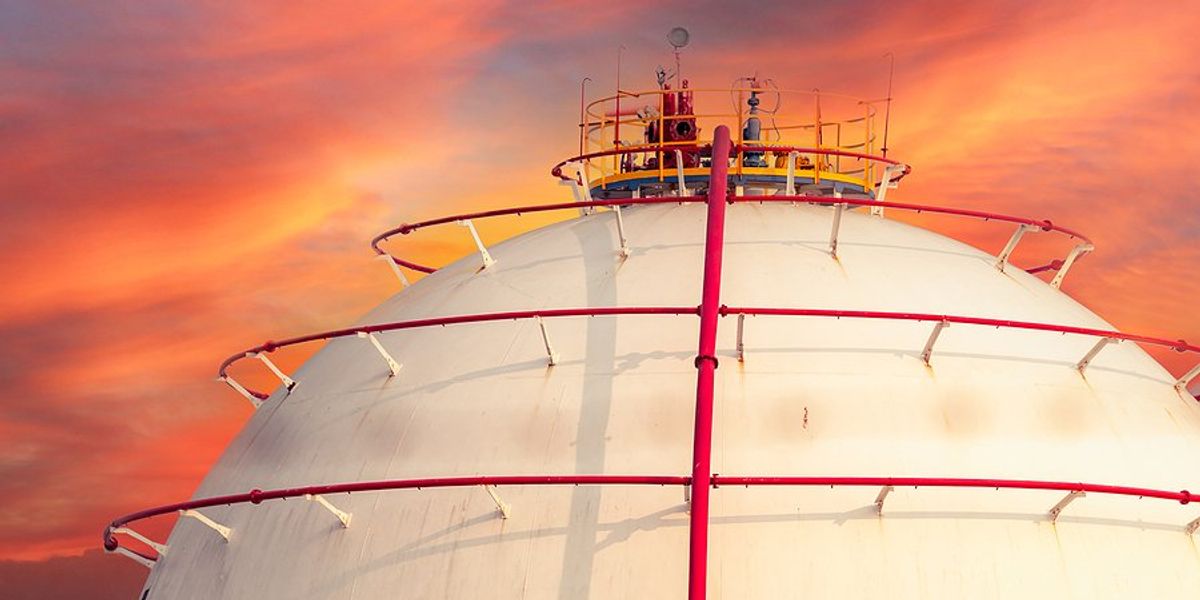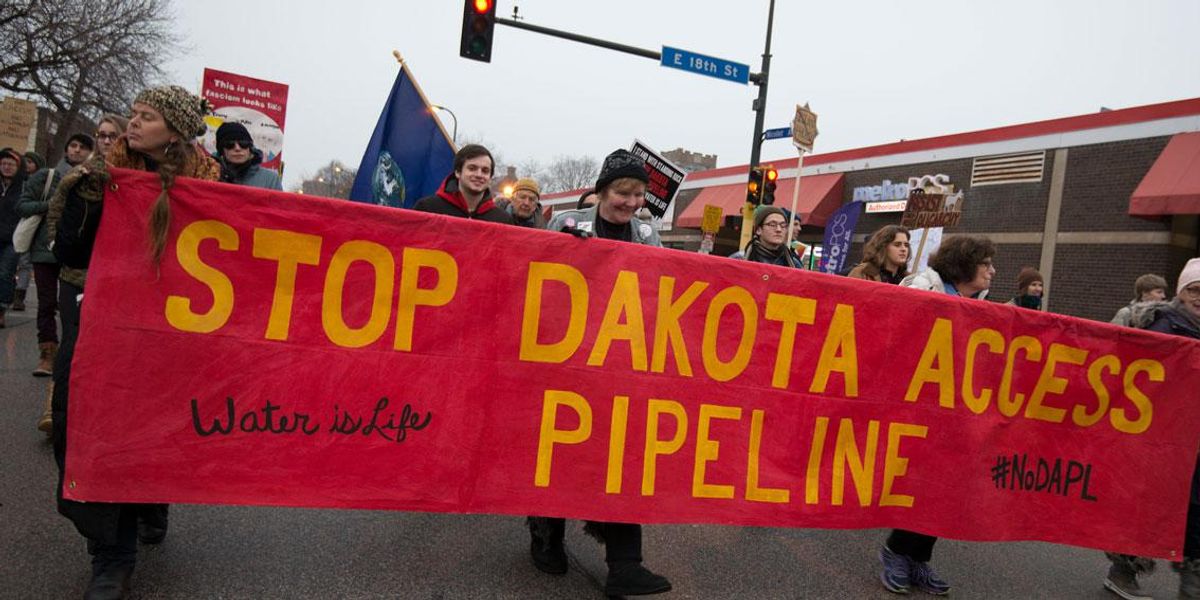
Peter Dykstra: Pipeline Politics
How Native tribes, hell-raisers and lawyers have combined to battle pipeline projects
Pipelines have become a regular item in the news cycle in recent years.
Last week, the Canadian Government backed away from future investment in the Trans Mountain 2 pipeline, potentially dooming Canada’s dreams of riding tar sands oil to petrostate status. Multiple lawsuits and relentless protests by First Nations tribes are credited with stalling the project, which would bring tar sands oil to export throughout the Pacific Rim.
In May 2021, hackers took down the Colonial Pipeline system, the aortic source of gasoline for much of the U.S. east coast.
Much of America went into a familiar petro-anxiety attack until the hack—a ransom effort against Colonial—was reportedly paid off.
Atlantic Coast Pipeline
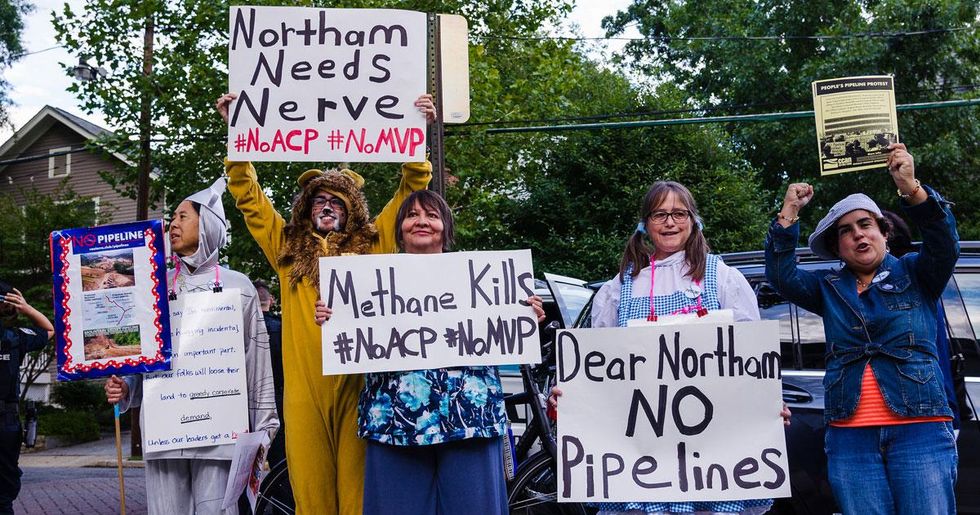
In 2020, a boatload of activists and their attorneys killed the proposed Atlantic Coast Pipeline, a 600-mile conduit to bring natural gas from Appalachia to Virginia and the Carolinas. It would traverse a National Park, the Appalachian Trail, waterways and wetlands, glancing by poor and minority communities on the way. Its owners, Dominion Energy and Duke Energy, have since announced accelerated plans to move to cleaner energy.
The Dilbit Disaster
In 2010, an obscure petro-goo called dilbit – diluted bitumen – poured into Michigan’s Kalamazoo River.
Enter an obscure news site that had just ditched its clanky name, Solve Climate News.
The made-over Inside Climate News was a dynamo, giving the Michigan spill its own name—“The Dilbit Disaster"—and tagline—"the biggest oil spill you’ve never heard of.”
Inside Climate reported on the shabby safety record of Enbridge, the pipeline operator, and on another spill in Arkansas on an ExxonMobil line. The news site won a 2013 Pulitzer Prize, lifting the profiles of both pipelines and nonprofit journalism.
Dakota Access Pipeline

The Dakota Access Pipeline (DAPL) was proposed in late 2014 to deliver oil from North Dakota’s fracked jackpot, the Bakken Shale, to refineries in the South.
Its initial proposed route took DAPL skirting north of Bismarck, North Dakota’s capitol city. After revisions, DAPL skirted just north of the Standing Rock Sioux Reservation, potentially threatening the Missouri River drinking water source for the tribe and its neighboring Cheyenne River Sioux tribe.
By spring 2016, they and thousands of supporters had established a camp near the construction site. Protests against the pipeline draw the North Dakota National Guard. armed with tear gas and rubber bullets.
Oil began flowing when President Trump signed an Executive Order clearing the way, and after back-and-forth legal battles and a brutal winter, the National Guard cleared the camp two months later.
Keystone XL
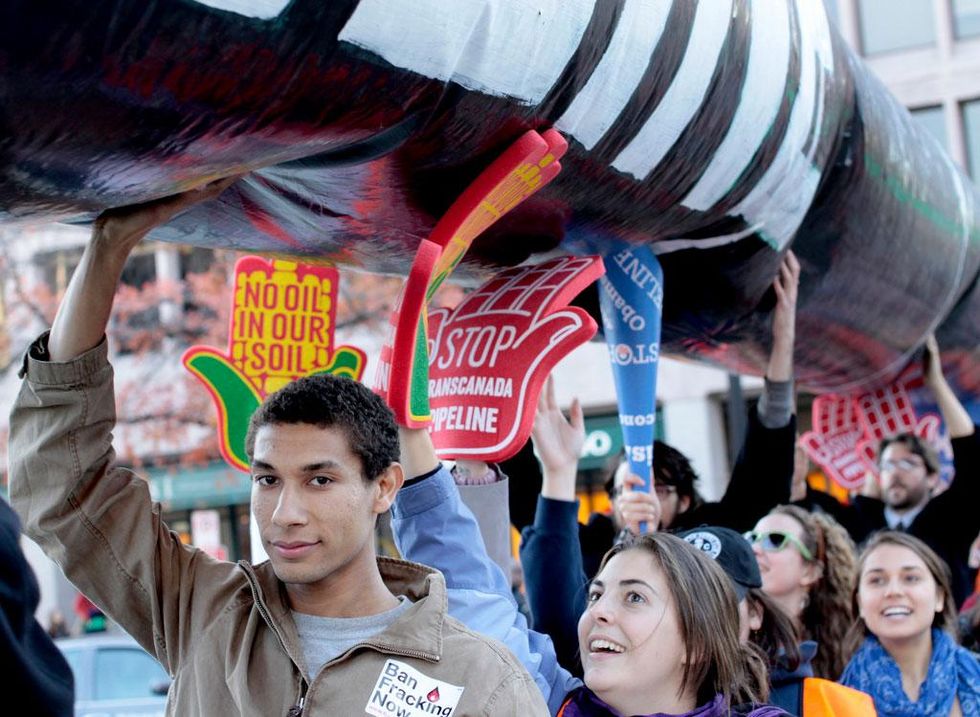
In 2008, owners TransCanada and Conoco applied for permits to expand its Alberta-to-Texas Keystone pipeline. They were expecting a huge jump in output from Alberta’s tarsands oilfields.
Writer-activist Bill McKibben and others launched what appeared to be a longshot campaign to stop KXL. Farmers and other landowners along the route joined in.
Opposition grew on both sides of the border.
In November 2015, President Obama signed an Executive Order halting construction on KXL. President Trump reversed the order shortly after taking office in 2017.
President Biden cancelled KXL on his first day on office.
Nord Stream 2
Of course, a pipeline is also central to the world’s biggest current geopolitical crisis. Oil and gas exports are major factors in the Russian economy.
Perhaps the most hurtful of the economic reprisals the West has deployed is Germany’s shutdown of the new Nord Stream 2— a completed project that awaits final German signoff before gas flows to Western Europe and cash flows to Vladimir Putin’s carbon kingdom.
Western Europe, and particularly Germany, deserve credit for being willing to take a hit in losing a major source of cheap energy.
But losing their need for fossil fuels would help starve two tyrants: Putin and climate change.
Peter Dykstra is our weekend editor and columnist and can be reached at pdykstra@ehn.org or @pdykstra.
His views do not necessarily represent those of Environmental Health News, The Daily Climate, or publisher Environmental Health Sciences.
Banner photo of the Dakota Access Pipeline protest in Minneapolis, Minn., in 2017 by Fibonacci Blue/flickr





